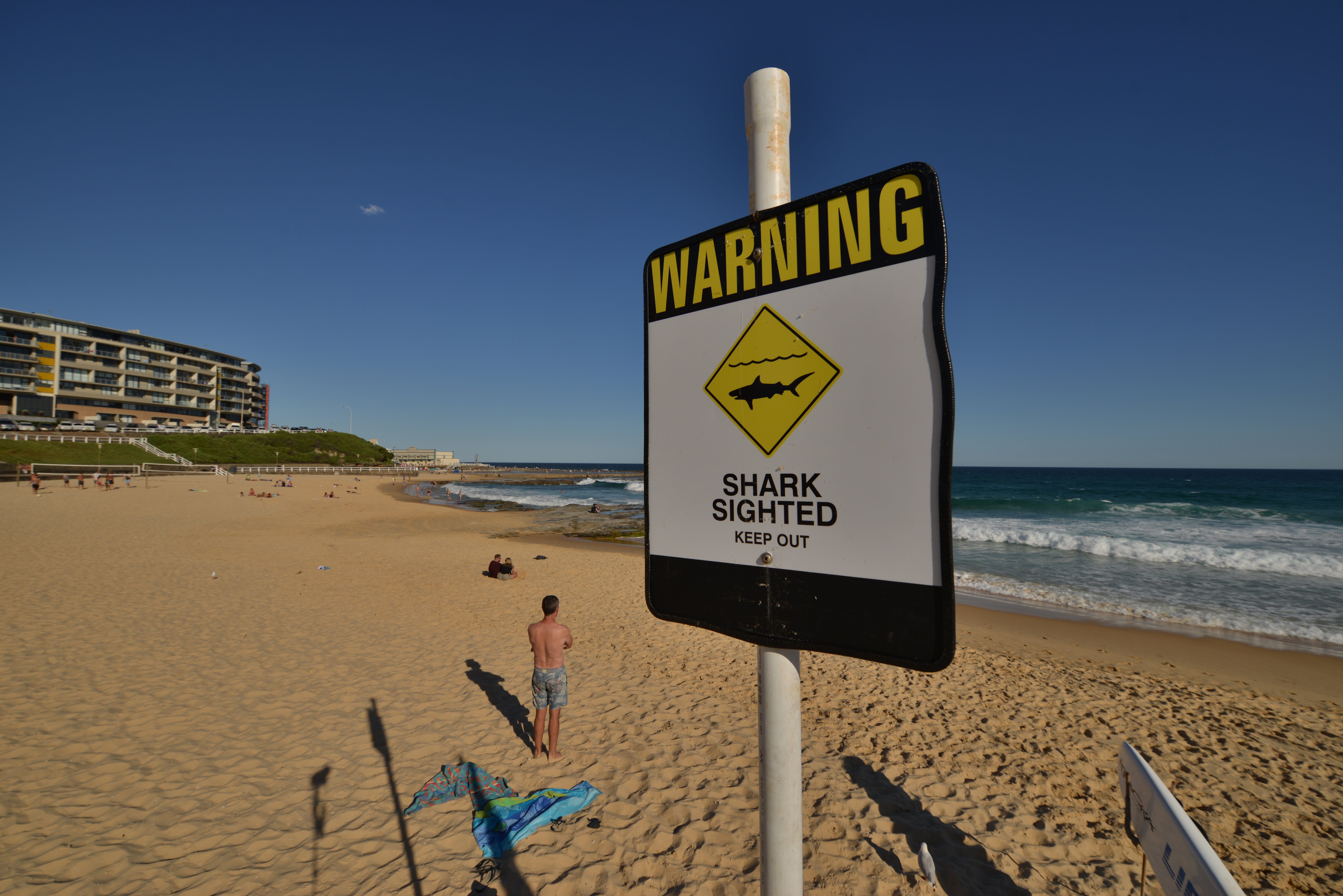
SYDNEY, Australia (AFP) — A man escaped with cuts to his leg Monday after a shark crashed into his board while he was surfing near popular tourist spot Byron Bay in eastern Australia.
Beaches in the area, some 800 kilometres (500 miles) north of Sydney, were closed for at least 24 hours after the early morning encounter, with the victim taken to hospital by a friend.
“It is believed that the shark emerged from under the man while he was waiting for a wave,” Surf Life Saving New South Wales said.
“The man’s surfboard took the brunt of the impact with the man also suffering minor lacerations to his leg during the incident.”
It was not known what type of shark was involved.
The attack came just weeks after a surfer also suffered cuts after being “bumped” by a shark south of Byron Bay in Ballina — the scene of several attacks in recent years.
Of the 14 unprovoked shark attacks off the New South Wales state coast in 2015, most occurred along a 60-kilometre hotspot from Evans Head to Byron Bay which includes the town of Ballina.
Efforts to contain the marine predators have so far proven difficult, with a shark eco-barrier trial in the Ballina area recently scrapped due to rough sea conditions.
The state government has said it would instead boost the tagging and relocation of sharks using “smart drumlines” to catch them.
Drumlines — which use baited hooks attached to floating buoys to snare sharks — are meant to be more friendly to other marine life and are not designed to kill the predators.
Experts say shark attacks are increasing as water sports become more popular and bait fish move closer to shore, but fatalities remain rare.
© 1994-2016 Agence France-Presse







